Cancer of the Vagina
How is cancer of the vagina diagnosed?
Pelvic exams, Pap smears, colposcopy, and iodine or Schiller's tests are used to diagnose cancer of the vagina. Women who have previously had either in situ or invasive carcinoma of the
cervix are likely to develop premalignant conditions of the vagina.
Leukoplakia of the vagina is usually regarded as a precancerous condition.
Are biopsies usually performed to diagnose cancer of the vagina?
Yes. Biopsy is always necessary to confirm a diagnosis of cancer. Careful diagnosis is important in vaginal cancer, since a biopsy sometimes shows the condition to be a metastasis from another kind of cancer. A biopsy is also important because treatment for each stage of vaginal cancer varies.
What are the treatments for vaginal cancer?
The treatments are surgical, either removing the cancerous areas or doing a total hysterectomy and/or a total vaginectomy and vulvectomy, depending on the stage of the cancer and its location. Sometimes radiation therapy both external and radiation implants in the vaginal cavity is used.
What is the treatment for cancer in situ of the vagina?
The cancer is either removed surgically or treated with laser or chemotherapy.
Is there any special care which must be taken when having a radiation implant in the vagina?
However, there are a few points which must be remembered if you are having vaginal radiation implant treatments. For 2 weeks following the implant, you should not use tampons, should not have intercourse, and should not douche or take tub baths. After the 2 week period, it is necessary, in the interest of proper healing, for you to either use a dilator or to have intercourse in order to prevent the vaginal cavity from closing and/or forming adhesions.
Does a radium implant in the vagina cause problems with intercourse?
Following a radium implant, scar tissue will form in the vagina, unless the vagina is kept open. This can be done in several ways: sexual intercourse, the use of a dilator, or a combination ofboth. Most doctors suggest that you resume intercourse 3 weeks after leaving the hospital. Since the implant often causes vaginal dryness, use of a water soluble lubricant may make intercourse more comfortable. It is advised that you have intercourse twice a week or use a dilator to help the tissues begin to stretch. Some degree of discomfort and perhaps a little bleeding may be noticed.
How is a dilator used?
A dilator is used to keep the vaginal opening from closing. Apply a water soluble lubricant to the rounded end of the dilator. Lie on your back in bed with your knees bent and slightly apart. Insert the rounded end of the dilator into the vagina gently and as deeply as you can without causing discomfort. Let it stay in place for 10 minutes. Withdraw and clean the dilator with hot, soapy water, rinsing it well. Do this twice a week. Do not be alarmed if slight bleeding or spotting occurs following dilator use. If you are unable to insert the dilator easily, check with your nurse or doctor.
I tighten up when my partner wants to have sexual relations with me ever since I had a cancer operation in the vaginal area. Why am I so afraid of being hurt?
After vaginal surgery, this reaction is fairly normal. As you have probably guessed, the cause may be a combination of physical and psychological factors. You should first find out whether there are physical problems that need correcting. An important ingredient in success of sexual rehabilitation is acknowledgment of the problem by you, your partner, and your health care provider. Honest, open communication must exist before counseling and alternative techniques can be successful. The use of medicine, including antispasmodics and analgesics, may be advised to help you to relax before intercourse and prevent a tightening of your pelvic muscles, which makes intercourse uncomfortable. Touching and exploring the vaginal area with your fingers may help you gain confidence. Short term behavioral sex therapy, with instruction in relaxation and desensitization techniques, may also be helpful. Consultation with a sex therapist may be useful.
What suggestions are there for someone who cannot have intercourse because of extensive vaginal surgery but still would like sexual contact with her partner?
There are many ways other than intercourse to have sexual contact with your partner, such as hugging, kissing, and oral and manual stimulation of the clitoris or penis. If surgery has been extensive and placement of the penis in the vagina is impossible, there are several alternatives you can try. Consultation with your health care team or a sex therapist would be helpful.
Can reconstructive surgery be performed following surgery for a cancer condition in the vagina, and is sexual intercourse possible?
Just as women who have undergone mastectomies may have breast reconstruction, women who have vaginectomies (or colpectomies) may have plastic surgery to reconstruct the vagina. Women who have had vaginal reconstruction say it is possible to regain former sensations and feelings. Partners report pleasurable, successful sexual relations following this surgery. Reconstruction is often done in stages, and may involve several separate surgeries done several weeks or months apart. Consultation with a reputable plastic surgeon, who will do the reconstruction, as well as with the surgeon who performs the vaginectomy, is necessary. If possible, plans for reconstruction should be made before the original surgery.

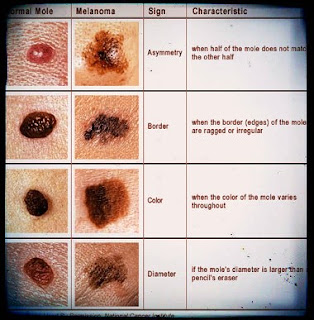
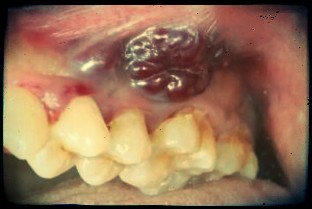
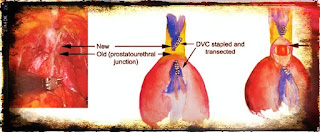
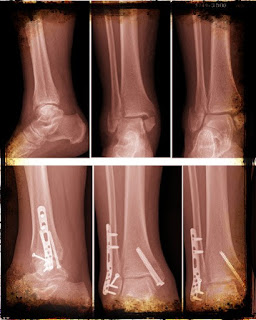
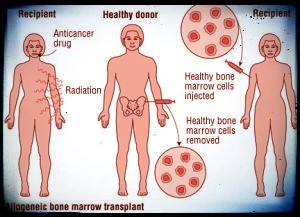


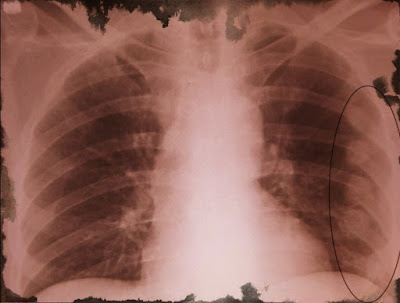


Comments
Post a Comment